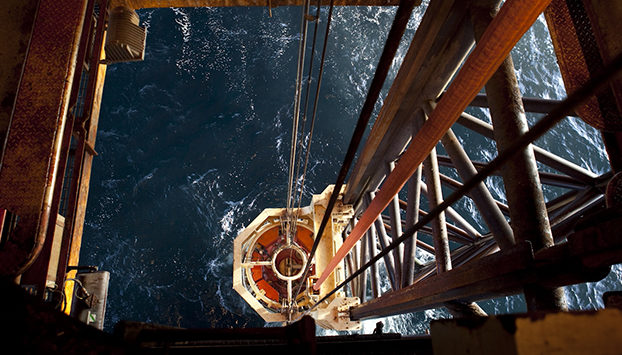
The problem with the UK’s North Sea oil sector is that its production costs are higher than those in most other world regions and have been spiralling upwards at an alarming rate for the past 10 years.
Even when Brent Crude stood at $100 a barrel a large proportion of assets in the North Sea were up for grabs. And entrepreneurial oil investors were not champing at the bit to buy a slice of the North Sea action. At $62 a barrel, frankly, most fields are not viable.
If cost efficiency programmes are implemented and the whole industry works in tandem to share best production practices (and technology) then the economic prospects for the industry can be improved. But that was what was required when oil prices in June were 87% higher than the current price.
Apart from begging the question why such efficiencies had not been at the heart of the production practices as a matter of routine, on their own they will not prevent capital flight from the North Sea.
Much more radical action is required.
These circumstances illustrate poignantly the abysmal failure of successive UK governments to establish a Sovereign Oil fund during the good years to ensure that investment capital was available now to help harvest the remaining 24 billion barrels of oil equivalent, a figure quoted in the UK Government/OPITO report published earlier in December.
That report predicted 35,000 of job losses by 2019.
Sadly, this prediction may be on the conservative side as the report is already dated given the further falls in oil price.
It is a categorical imperative that George Osborne revisits the relief measures for the industry contained in his Autumn Statement.
Having raided oil company profits in 2011 by increasing the supplementary corporation tax by 12% taking the combined tax to a punitive 62%, the proposed relief in his statement was to reduce it by 2%.
There are welcome proposals regarding the introduction of combined field allowances to improve investment in Osborne’s statement but reducing tax meaningfully and immediately is just a blindingly obvious and necessary step to take.
The Chancellor should have the grace to reverse the 12 % supplementary tax increase that was imposed in 2011, or even reduce it further.
Perhaps the same rate of corporation tax applied to other industries should be applied to the oil industry.
Some fields still pay petroleum revenue tax (PRT) in addition to corporation tax which takes their marginal rate of tax up to a staggering 81%. The sums raised by PRT are now a fraction of their previous levels. Why actively discourage continuing investment by these companies by taxing them at this level?
PRT should be scrapped.
The North Sea oil industry is too important to allow it to atrophy; its future is in the balance. Given the ever increasing growth in world population there will be increased demand for oil in the future.
Prices will rise again. It is still possible they will hit $150 a barrel by 2050.
The current geopolitical games being played with oil prices being the weapon of first choice will reach a conclusion. The UK cannot afford to have its key industrial sector suffer terminal damage during the prevailing turmoil.
Alex Russell is a Professor of Petroleum Accounting at Aberdeen Business School and his co-author, Peter Strachan, is a Professor of Energy Policy at Robert Gordon University
Recommended for you
